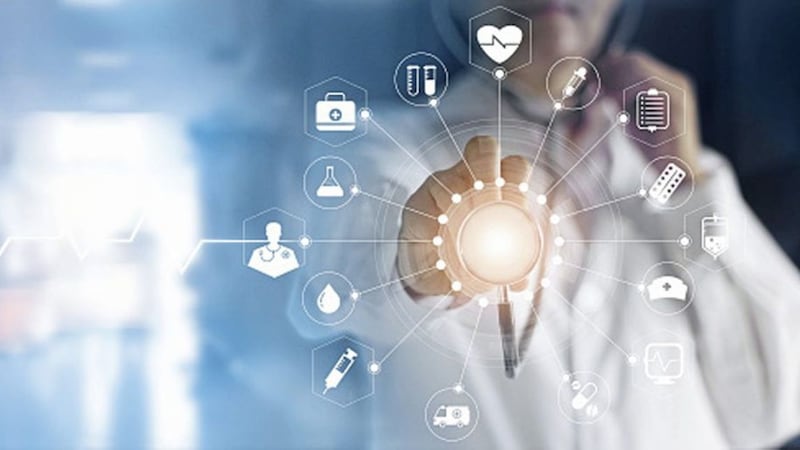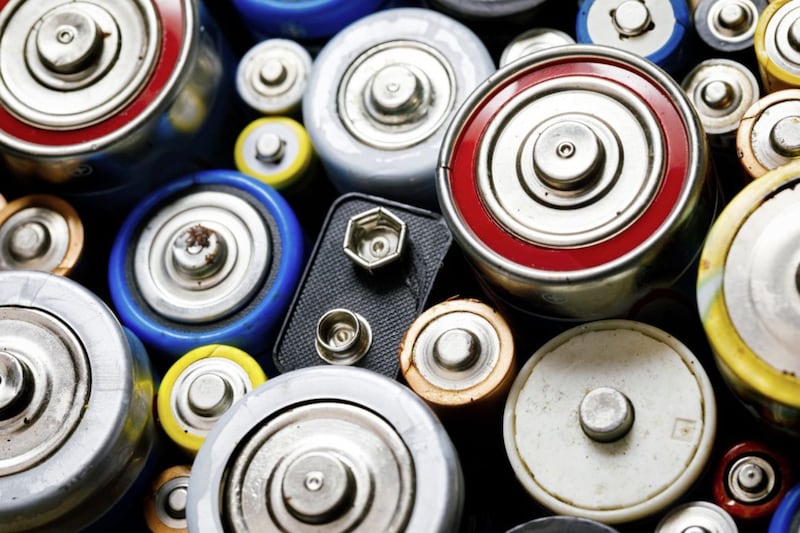THE term “Digitization” is used in every aspect of business and everyday life however, healthcare is one of the major industries seeing the significant changes, as a result of technology innovation. Connected Health is beginning to look like playing a crucial and major part in how our health care will be managed, and that’s certainly not a medium never mind a long term view. In a recent survey carried out in the United States, 52 per cent of hospitals were already found to be using at least three different connected health systems. One of the more common areas was the development and use of patient web portals on mobile devices.
The Internet of Things (IoT) and the ever increasing smartness of our technology has helped us connect to our GP’s, consultants and health professionals. With more accurate and automated analysis (Artificial Intelligence – AI) machines will monitor patient statistics from our 'Fitbit' type consumer devices, and will alert healthcare providers only when the patient begins to go outside of normal readings. We may not even know that our GP or consultant has been alerted.
More and more of our newer and more advanced medications need to be transported under the correct environmental condition. With the use of the latest technology advances and the IoT, this new breed of environmental sensitive medications (expected to be 50 per cent by 2020), will be monitored much more closely. This not only will help in the effectiveness of these expensive drugs but efficiencies will also come in the form of reducing costs by monitoring of wastage, spillage and lower inventory levels of stock.
On a global league, it’s estimated that 28 per cent of China’s nearly 1.4 billion people use connected health devices. India follows closely behind at 26 per cent with its population of 1.3 billion. When these devices are used in association with programs such as “DocsApp”, they hope to help connect up to 100 million people in southern and south-east Asia with doctors over the next three years. Their goal is to make the connection in under 30 minutes. That’s a significant advantage over the many hours or even days of travel required to reach a doctor or specialist in a larger city. In our case, it could wipe out a 10 minute journey to Craigavon, Daisy Hill or The City, and then many hours or even days waiting in the casualty department.
Proteus Digital Health based in California is said to be the company that has developed the world’s first digital pill. Patients swallow this pill and it monitors their medication levels by transmitting to a small patch fixed to their torso. This helps detect when patients have taken their medication, improves its effectiveness, and reduces costs due to improper use. It’s been especially helpful in situations where patients have had poor results in adhering to a prescription drug routine. Some medical experts have suggested over half of all prescriptions are not taken properly.
Finally, our mobile phones will play an enormous part in this new Connected Health environment we are heading for. It’s estimated that over 50 per cent of smart phones have been used to access health information. Booking on-line appointments or ordering repeat prescriptions are now common place for us.
Connected health will help bring healthcare providers, patients and therapies together. It will improve patient outcomes by closely tracking the patient’s condition. It will improve healthcare access for patients, in the many rural areas of this country. Is this not a good thing!
Trevor Bingham (editorial@itfuel.com) is business relationship manager at ItFuel in Craigavon. Follow them on Twitter @itfuel.







